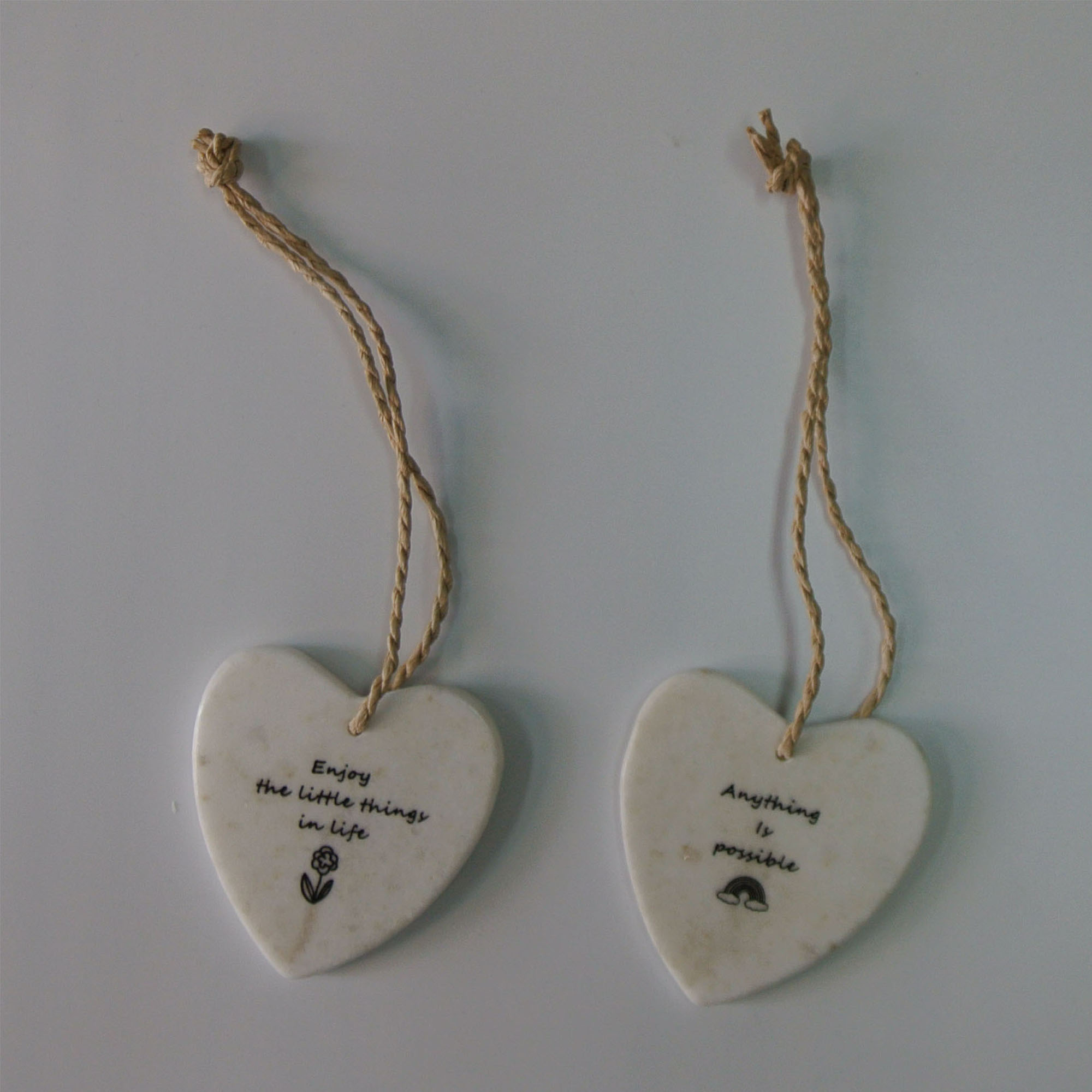Garlic is technically a vegetable, but it's liberally used as a flavor-jammed herb or spice to add a distinct flavor to dishes of nearly all types of cuisines all around the world. The ingredient can also be the star of its own show, as it is in garlic bread. A testament to its popularity is how many forms it is available in: from powdered to granulated, roasted granules, garlic blends, jarred garlic, and even fermented black garlic. Cooking with garlic provides endless avenues of possibility, while also bringing some serious health benefits to the table — just wait a bit after chopping fresh garlic to maximize them.
However, nothing beats the potent taste of freshly crushed garlic, which is also better for heart health than processed garlic. How home cooks process their own garlic even has an impact on its flavor — you need to be wary of one kitchen tool that may do your garlic no favors. Natural Marble Gifts

When you chop garlic, each motion of the knife will likely release that signature garlic scent — this is because flavor molecules are released as a result of enzymes being produced when garlic tissue is broken down. Further, if you opt to use a mortar and pestle — one of the world's oldest cooking tools — to crush up garlic, the type of mortar and pestle can have a negative impact on your resulting garlic paste.
But before you decide to replace your mortar and pestle with a garlic press, know that not all mortar and pestles are created equal. If the mortar and pestle in your kitchen are made of marble, it may counter the potency of crushed garlic. (Also, take note that any acidic ingredients can negatively impact any natural stone surfaces.)

Metal Heart Why? Effectively, the alkaline nature of marble — which is essentially highly pressurized calcium carbonate — neutralizes the acidic taste of garlic, resulting in less of that good garlicky flavor.